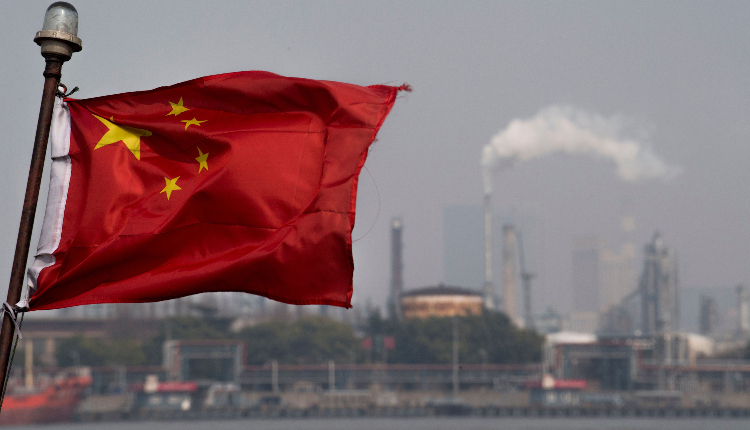Major Chinese fund companies are slashing fees on equity exchange-traded funds (ETFs) in a move that intensifies competition in the rapidly growing $400 billion market segment.
This comes just a day after China’s chief securities regulator, Wu Qing, called for promoting index investment and reforming fees within the fund industry.
The fee cuts target both management and custodian fees, aiming to attract investors disillusioned with underperforming actively managed funds.
ETFs, which track a specific index and trade like stocks, have seen a boom this year. This trend is expected to continue as lower fees potentially channel new capital into a market experiencing a slowdown in its bull run.
China Asset Management Co., the country’s leading ETF manager, announced fee reductions on eight of its products. This includes a significant cut for the popular 160 billion-yuan ($22.10 billion) China SSE 50 ETF.
Aiming to “lower investors’ wealth management cost,” ChinaAMC will slash the management fee from 0.5 per cent to 0.15 per cent and the custodian fee from 0.1 per cent to 0.05 per cent.
E Fund Management, Huatai-PineBridge Fund Management, Harvest Fund Management, and HuaAn Fund Management are among other companies joining the fee-cutting trend.
Net inflows into onshore ETFs in China have already surpassed 900 billion yuan this year, according to BNP Paribas. This is on track to be the highest annual inflow in a decade.
China’s stock ETFs, which stood at 1.81 trillion yuan at the end of June, have already ballooned to over three trillion yuan – a staggering 66 per cent increase in less than five months.
This rapid growth is attributed partly to state funds entering the struggling market via ETFs earlier this year.
Investors are also increasingly turning to ETFs as a cost-effective and convenient alternative to actively managed funds which have underperformed recently.
Most actively managed funds were caught off guard by China’s sudden policy-driven bull run starting in late September. Their conservative positioning prevented them from keeping pace with surging indexes.
An index tracking China’s actively managed equity funds has only gained three per cent this year, significantly lagging behind the benchmark CSI300 index, which has surged by 16 per cent.
“Active fund managers cannot even beat the market, and they have lost trust with investors,” said Lu Deyong, an individual stock trader in northeastern China. “Retail investors now prefer to place their bets via ETFs.
Attribution: Reuters
Subediting: M. S. Salama


